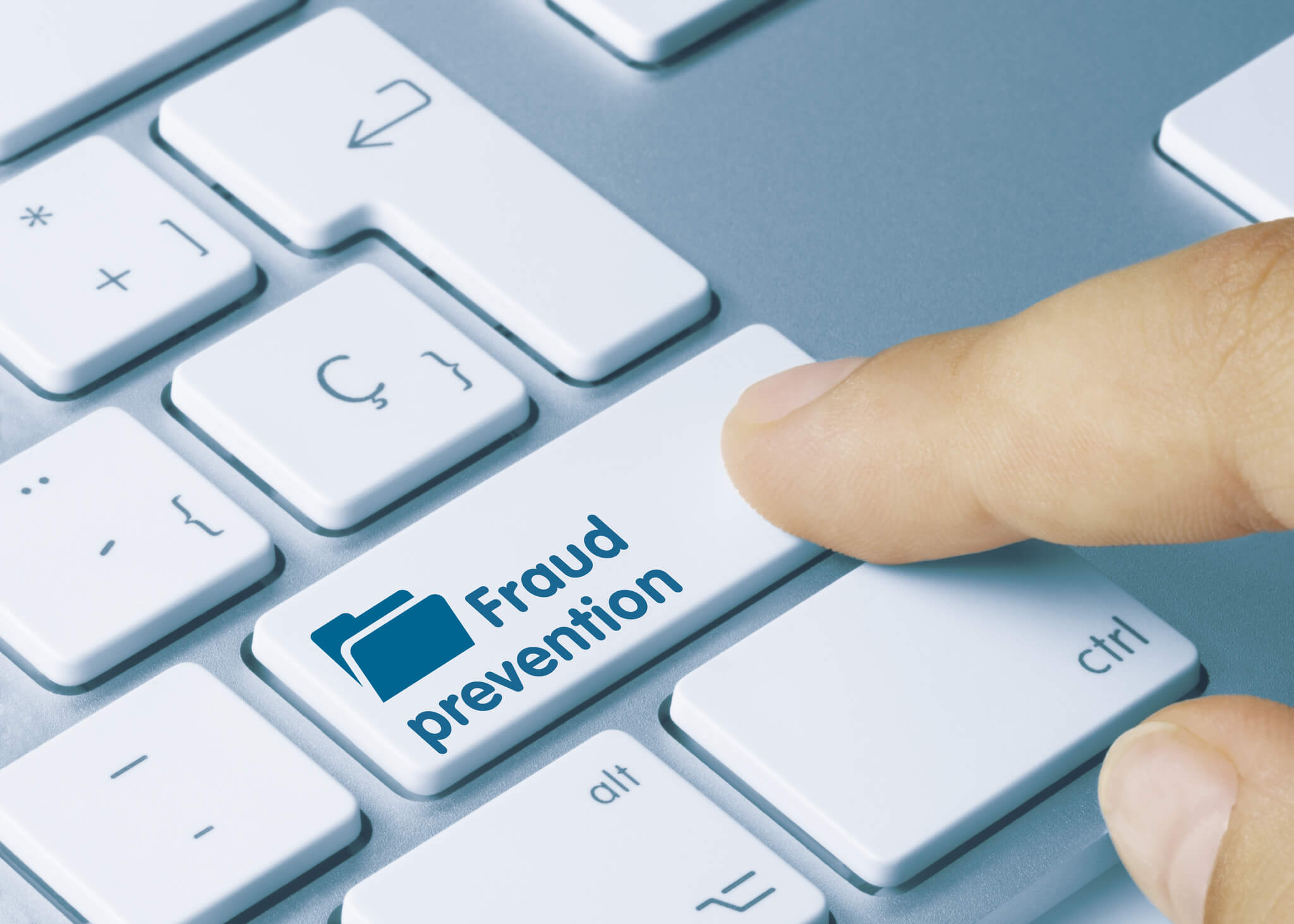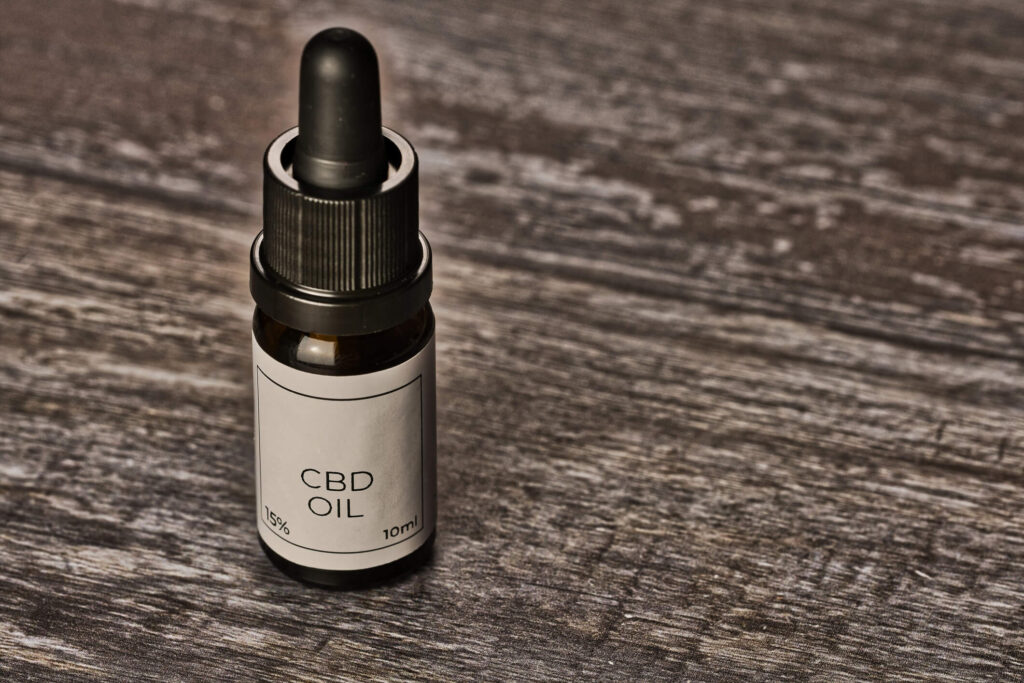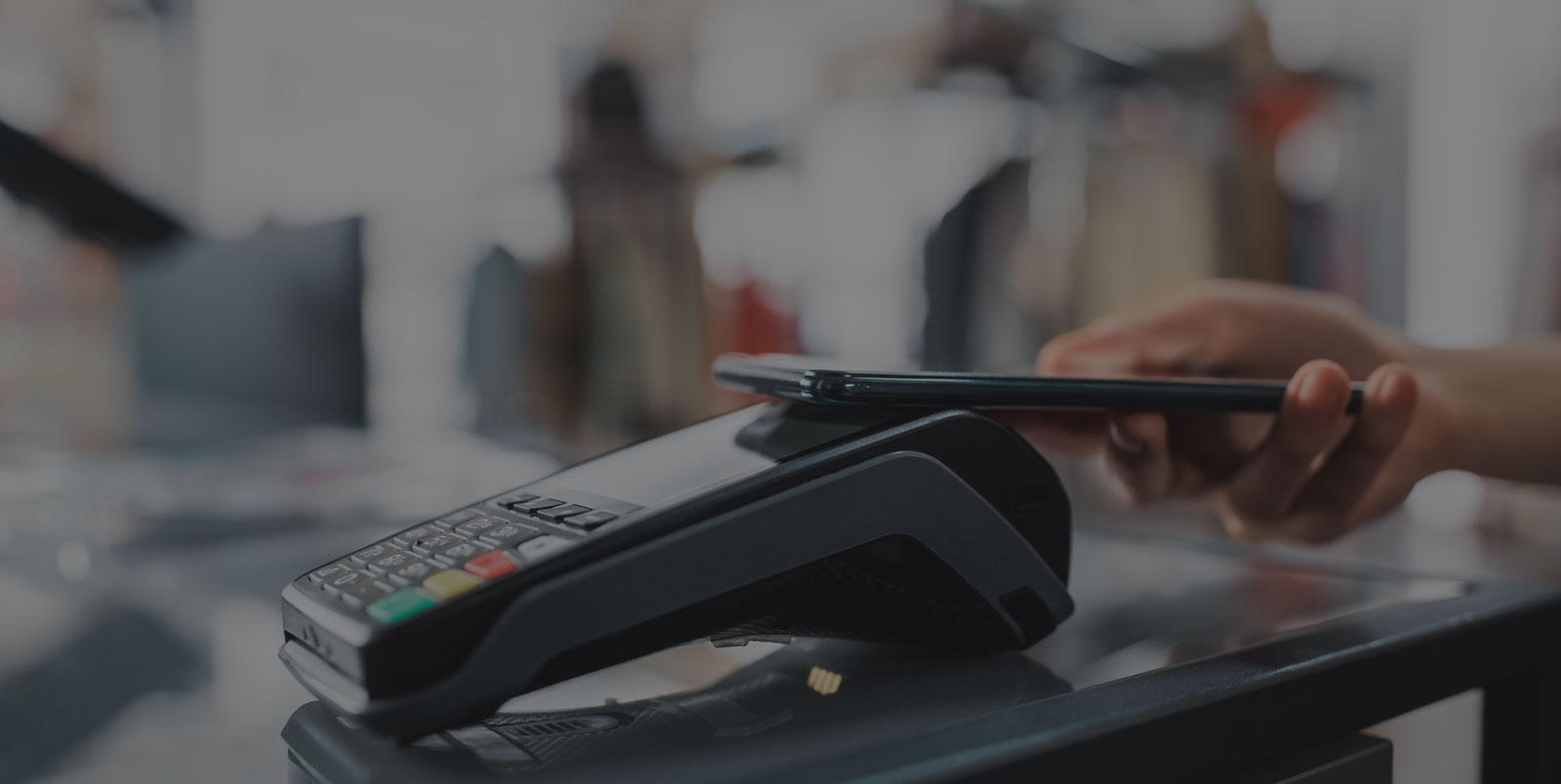
By admin August 14, 2024
In recent years, the popularity of CBD oil has skyrocketed, thanks to its potential health benefits and therapeutic properties. However, this surge in demand has also attracted fraudsters looking to exploit unsuspecting consumers. To ensure a safe and legitimate CBD oil transaction, it is crucial to be aware of the various fraudulent practices and take necessary precautions. This comprehensive guide will provide you with valuable insights and practical tips to prevent fraud in CBD oil transactions.
The Growing Popularity of CBD Oil: A Magnet for Fraudsters

CBD oil has become a sought-after product for its potential therapeutic properties, including pain relief, anxiety reduction, and improved sleep. According to a report by Grand View Research, the global CBD oil market size is expected to reach $123.2 billion by 2027, growing at a CAGR of 25.6%. This exponential growth has attracted fraudsters who seek to exploit unsuspecting consumers and businesses.
Fraudsters often target the CBD oil industry due to its relative novelty and lack of strict regulations. The lack of standardized testing and labeling requirements makes it easier for them to sell counterfeit or low-quality products. Additionally, the high demand for CBD oil creates a sense of urgency among consumers, making them more susceptible to fraudulent schemes.
Identifying Legitimate CBD Oil Sellers: Key Factors to Consider
To prevent fraud in CBD oil transactions, it is essential to identify legitimate sellers. Here are some key factors to consider when evaluating CBD oil sellers:
- Reputation and Reviews: Research the seller’s reputation by checking online reviews, testimonials, and ratings. Legitimate sellers will have a positive track record and satisfied customers.
- Transparency: Legitimate sellers will provide detailed information about their products, including the source of their CBD oil, extraction methods, and third-party lab testing results. Transparency is a sign of a trustworthy seller.
- Certifications and Licenses: Look for sellers who have obtained relevant certifications and licenses, such as Good Manufacturing Practices (GMP) certification and licenses from state regulatory bodies. These certifications ensure that the seller follows industry standards and regulations.
- Customer Service: Legitimate sellers prioritize customer satisfaction and will have responsive customer service channels. They will be willing to address any concerns or queries promptly.
- Return Policy: Legitimate sellers offer a clear and fair return policy. This indicates their confidence in the quality of their products and their commitment to customer satisfaction.
Ensuring Product Quality: Verifying CBD Oil Authenticity and Purity
One of the biggest concerns in the CBD oil industry is the authenticity and purity of the products. Fraudsters often sell counterfeit or low-quality CBD oil, which can be ineffective or even harmful. To ensure product quality and prevent fraud, consider the following steps:
- Third-Party Lab Testing: Legitimate sellers will conduct third-party lab testing to verify the authenticity and purity of their CBD oil. Request to see the lab reports, which should include information about the CBD content, THC levels, and the presence of any contaminants.
- Certificate of Analysis (COA): A COA is a document provided by the third-party lab that confirms the results of the lab testing. Ensure that the seller provides a COA for each batch of CBD oil they sell.
- Source of CBD Oil: Inquire about the source of the CBD oil. Legitimate sellers will use high-quality hemp plants grown in reputable farms. Avoid sellers who cannot provide information about the source of their CBD oil.
- Extraction Methods: The extraction method used to obtain CBD oil can impact its quality. Look for sellers who use safe and efficient extraction methods, such as CO2 extraction, which ensures the purity of the final product.
Secure Payment Methods: Protecting Yourself from Fraudulent Transactions
Fraudsters often target CBD oil transactions to steal personal and financial information. To protect yourself from fraudulent transactions, follow these guidelines:
- Secure Websites: Only make purchases from websites that have secure payment gateways. Look for the padlock symbol in the website’s URL, indicating that the connection is encrypted.
- Payment Options: Legitimate sellers offer secure payment options, such as credit cards, PayPal, or reputable online payment platforms. Avoid sellers who only accept cash or wire transfers, as these methods offer little to no protection against fraud.
- Privacy Policies: Read the seller’s privacy policy to understand how they handle and protect your personal information. Legitimate sellers will have clear policies in place to safeguard your data.
- Two-Factor Authentication: Enable two-factor authentication for your online payment accounts. This adds an extra layer of security by requiring a verification code in addition to your password.
Recognizing Red Flags: Common Signs of CBD Oil Fraud
Being able to recognize red flags is crucial in preventing CBD oil fraud. Here are some common signs that indicate a potential fraudulent transaction:
- Unrealistic Claims: Fraudulent sellers often make exaggerated claims about the health benefits of their CBD oil. Be cautious of sellers who promise miraculous results or claim that their product can cure serious medical conditions.
- Extremely Low Prices: If the price of CBD oil seems too good to be true, it probably is. Fraudsters may offer significantly lower prices to attract unsuspecting buyers. Remember, high-quality CBD oil comes at a cost.
- Lack of Information: Legitimate sellers provide detailed information about their products, including ingredients, extraction methods, and lab testing results. If a seller is vague or evasive when asked for information, it could be a red flag.
- No Contact Information: Legitimate sellers will have clear contact information, including a physical address, phone number, and email address. If a seller only provides a generic email or lacks any contact information, it is a cause for concern.
Legal Compliance: Navigating the Complexities of CBD Oil Regulations
The CBD oil industry operates in a complex regulatory landscape, with varying laws and regulations across different jurisdictions. To prevent fraud and ensure legal compliance, consider the following:
- Familiarize Yourself with Local Laws: Research and understand the laws and regulations regarding CBD oil in your jurisdiction. This will help you identify any red flags or illegal activities.
- Licensing and Permits: Legitimate sellers will have the necessary licenses and permits to operate legally. Check if the seller complies with local regulations and has obtained the required certifications.
- THC Content: CBD oil derived from hemp should contain less than 0.3% THC to comply with federal regulations in the United States. Ensure that the seller provides lab testing results to verify the THC content.
Building Trust: Establishing Relationships with Reputable CBD Oil Suppliers
Building trust with reputable CBD oil suppliers is essential to prevent fraud and ensure consistent product quality. Consider the following strategies to establish trustworthy relationships:
- Research Suppliers: Conduct thorough research on potential suppliers before making any commitments. Look for suppliers with a proven track record, positive customer reviews, and a commitment to quality.
- Start Small: Begin with small orders to assess the supplier’s reliability and product quality. Gradually increase your orders once you are confident in their trustworthiness.
- Communication: Maintain open and transparent communication with your suppliers. Regularly discuss your expectations, quality requirements, and any concerns you may have.
- Supplier Audits: Consider conducting supplier audits to ensure that your suppliers meet your quality standards and comply with regulations. This can involve on-site visits, inspections, and reviewing their documentation.
Educating Consumers: Spreading Awareness to Prevent CBD Oil Fraud
Educating consumers about CBD oil fraud is crucial in preventing fraudulent transactions. By spreading awareness, consumers can make informed decisions and avoid falling victim to scams. Here are some ways to educate consumers:
- Online Resources: Create informative articles, blog posts, and videos that explain the risks of CBD oil fraud and provide tips for identifying legitimate sellers. Share these resources on your website, social media platforms, and other relevant channels.
- Consumer Guides: Develop consumer guides that outline the key factors to consider when purchasing CBD oil. Include information about product quality, lab testing, and legal compliance.
- Collaboration with Industry Experts: Collaborate with industry experts, such as healthcare professionals, to create educational content. Their expertise can provide valuable insights and credibility to your educational efforts.
- Community Engagement: Participate in community events, workshops, and seminars to educate consumers about CBD oil fraud. Engage in discussions and answer questions to address any concerns or misconceptions.
FAQ’s
Q.1: Is CBD oil legal?
Yes, the legal status of CBD oil varies by country and jurisdiction. In the United States, CBD oil derived from hemp with less than 0.3% THC is legal at the federal level. However, state laws may vary, so it is important to research and understand the laws in your specific location.
Q.2: How can I verify the authenticity of CBD oil?
To verify the authenticity of CBD oil, look for sellers who provide third-party lab testing reports and certificates of analysis (COA). These documents confirm the authenticity, purity, and quality of the CBD oil.
Q.3: What are some common scams in the CBD oil industry?
Common scams in the CBD oil industry include selling counterfeit or low-quality products, making false health claims, and engaging in fraudulent transactions to steal personal and financial information.
Q.4: How can I protect myself from CBD oil fraud?
To protect yourself from CBD oil fraud, research sellers, verify product quality through lab testing, use secure payment methods, and be aware of red flags such as unrealistic claims and extremely low prices.
Conclusion
Preventing fraud in CBD oil transactions is crucial to protect consumers and businesses in the rapidly growing CBD oil industry. By understanding the importance of preventing fraud, identifying legitimate sellers, ensuring product quality, using secure payment methods, recognizing red flags, complying with regulations, building trust with reputable suppliers, and educating consumers, we can create a safer and more trustworthy CBD oil market. Stay vigilant, do your research, and prioritize transparency and quality to make informed decisions and avoid falling victim to fraudulent activities.
